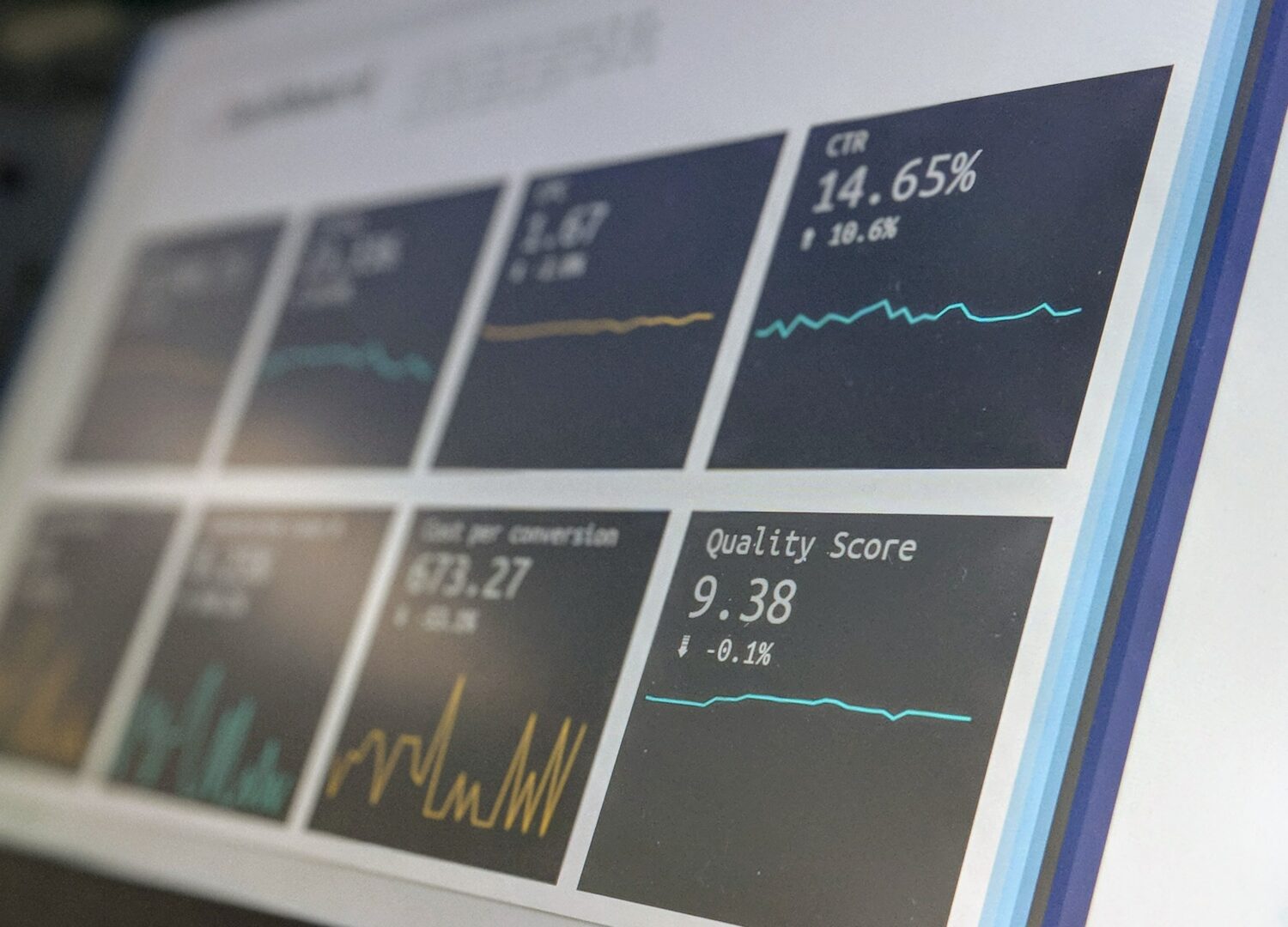
HCP marketing, also known as healthcare professional marketing, plays a vital role in the pharmaceutical industry. It focuses on engaging and informing healthcare professionals about pharmaceutical products, treatments, and services. In this article, we will explore the meaning of HCP marketing, its elements, and its significance in the digital era.
What is HCP Marketing?
HCP marketing refers to the strategic efforts undertaken by pharmaceutical companies to connect with healthcare professionals. It aims to educate and influence medical practitioners, including doctors, nurses, pharmacists, and specialists, about the benefits, features, and clinical applications of their products.
HCP marketing encompasses a range of activities designed to build relationships, generate awareness, and promote pharmaceutical products among healthcare professionals. Its primary objective is to ensure that medical practitioners are well-informed and equipped to make informed decisions when prescribing medications to their patients.
Pharma HCP marketing focuses on addressing the specific needs and challenges faced by healthcare professionals within the pharmaceutical industry. It involves tailoring marketing strategies and materials to match the interests of HCPs, providing them with relevant clinical data, efficacy information, safety profiles, and comparative studies of pharmaceutical products.
Elements of an HCP Marketing Strategy
Target Audience Identification
Understanding the demographics, specialties, and interests of healthcare professionals to deliver personalized content and engage with them effectively.
Content Creation and Distribution
Developing high-quality, scientifically accurate content that educates HCPs about the benefits, mechanisms, and clinical applications of pharmaceutical products. This content is disseminated through various channels, such as websites, medical journals, conferences, and online platforms.
Thought Leadership and Expert Opinion
Collaborating with key opinion leaders (KOLs) and respected healthcare professionals to endorse and advocate for pharmaceutical products, leveraging their influence and expertise.
Continuing Medical Education (CME)
Providing opportunities for HCPs to enhance their knowledge and skills through CME programs, webinars, workshops, and conferences. These activities promote ongoing learning and establish the pharmaceutical company as a trusted source of medical information.
Data-driven Decision Making
Utilizing data analytics and market research to gain insights into HCP preferences, prescribing patterns, and engagement levels. This information helps refine marketing strategies and measure their effectiveness.
HCP Marketing Engagement
HCP marketing engagement focuses on fostering two-way communication and building relationships with healthcare professionals. This involves active participation in professional forums, organizing medical symposiums, conducting surveys, and seeking feedback from HCPs to understand their needs, concerns, and perspectives better.
The Significance of HCP Marketing
In the digital era, healthcare professionals (HCPs) are increasingly relying on digital channels for information and collaboration. Therefore, the significance of HCP marketing in the digital landscape cannot be underestimated. By implementing targeted and effective HCP marketing strategies, pharma companies can establish meaningful connections with HCPs, drive awareness of their products and services, and ultimately improve patient care.
Digital platforms provide HCPs with instant access to a vast amount of medical information, research studies, and peer-to-peer discussions. Pharma companies can leverage this digital ecosystem to engage with HCPs through various channels. These channels include informative websites, mobile applications, social media platforms, online forums, and educational webinars. By utilizing these platforms, pharma companies can deliver valuable content, such as clinical trial data, treatment guidelines, and educational resources, directly to HCPs in a timely and accessible manner.
One of the key advantages of HCP marketing in the digital era is the ability to personalize messaging and tailor it to the specific needs and interests of individual HCPs. By leveraging data analytics and segmentation techniques, pharma companies can gain insights into the preferences and behaviors of HCPs, allowing for targeted and relevant communication. This personalization helps to build trust and credibility with HCPs, enhancing the likelihood of adoption and advocacy for pharmaceutical products and treatments.
Additionally, digital platforms enable two-way communication between pharma companies and HCPs. HCPs can actively engage with pharma brands through social media interactions, email inquiries, or participation in online discussions. This real-time engagement fosters a sense of collaboration and partnership, as HCPs feel heard and valued by pharma companies. Moreover, HCPs can provide feedback, share their experiences, and seek clarification, further strengthening the relationship between the two parties.
The digital era also offers opportunities for HCPs to access continuing medical education (CME) courses and attend virtual conferences. Pharma companies can contribute to the educational needs of HCPs by providing online resources, webinars, and interactive tools that support their professional development. By aligning their marketing efforts with HCPs’ educational needs, pharma companies position themselves as trusted sources of information and partners in advancing medical knowledge.
HCP marketing plays a crucial role in the pharmaceutical industry by effectively reaching and engaging healthcare professionals. Through personalized strategies, digital advancements, and targeted content, pharmaceutical companies can provide HCPs with valuable information and support their decision-making process. By embracing HCP marketing as a comprehensive approach, pharmaceutical companies can establish meaningful connections with healthcare professionals and contribute to improved patient care outcomes.
